Media Studies
The internet, film, television, and social media all play a huge part in how we receive information. As a Media Studies major, you will investigate how these, and other forms of media, affect our day-to-day lives.

About This Program
- Pitzer College is a part of the Intercollegiate Media Studies program (IMS) of The Claremont Colleges, one of the first undergraduate programs of its kind in the country.
- Take courses offered by Claremont McKenna, Harvey Mudd, Pitzer, Pomona, and Scripps Colleges.
- Your courses in this program will link film, video, and other forms of media to disciplines such as art, anthropology, sociology, political studies, and women’s studies.
- Instead of focusing on traditional narrative film and television, you will learn about “independent” narrative forms, video art, documentary, community-based, and activist media.
- You’ll have access to Pitzer’s Mosbacher/Gartrell Center for Media Experimentation and Activism, a professional post-production facility.
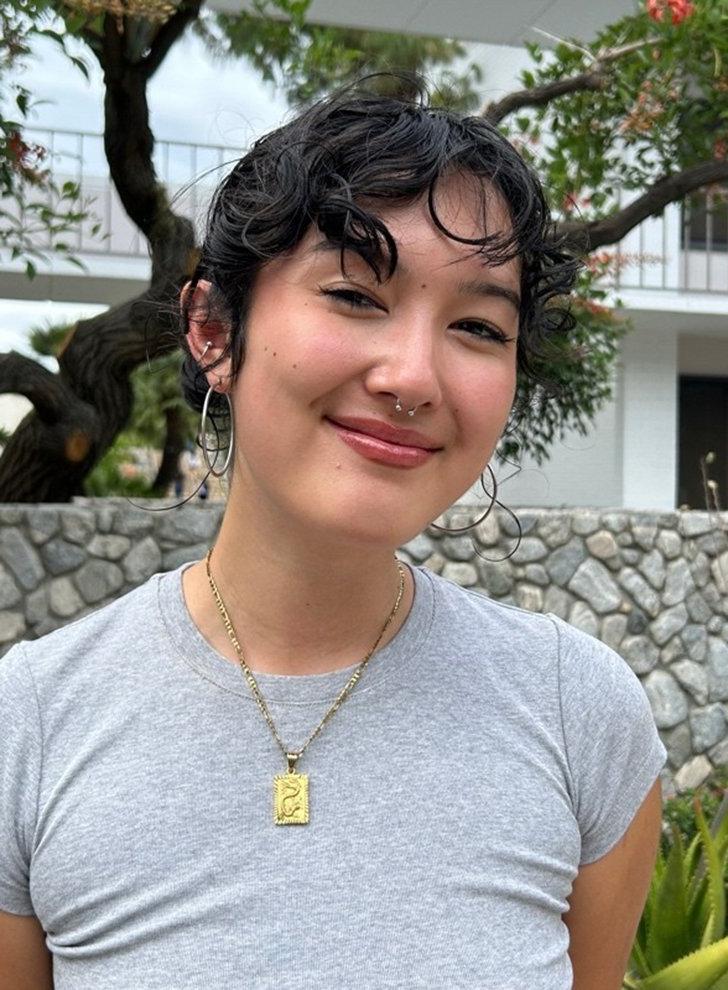

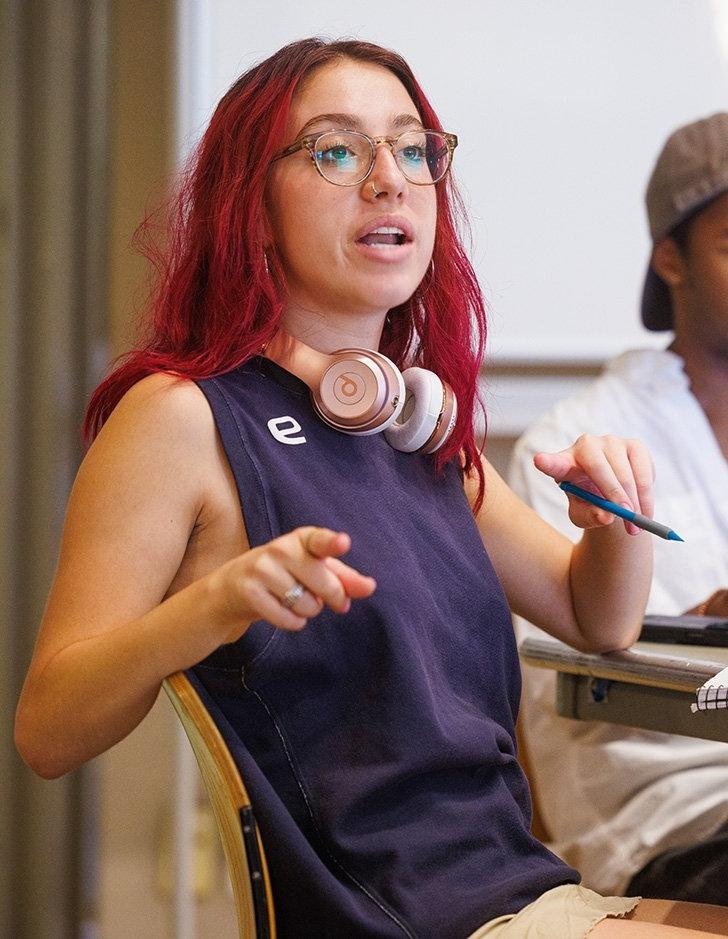
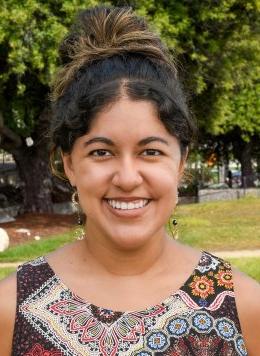

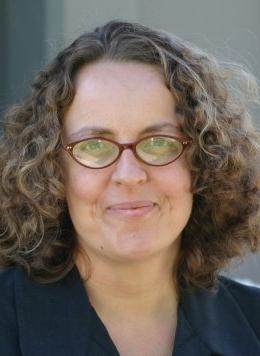
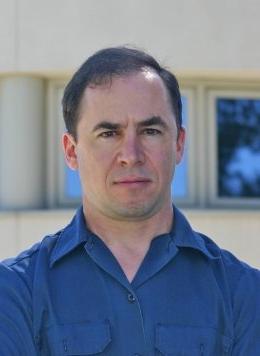
Social Responsibility
Jansikwe Medina-Tayac '25
she/her
Media Studies major, "Journalerx" director
Read Jansikwe's StoryStudents have the opportunity to work with underserved populations on a Media Studies project to bring change and awareness in the community.